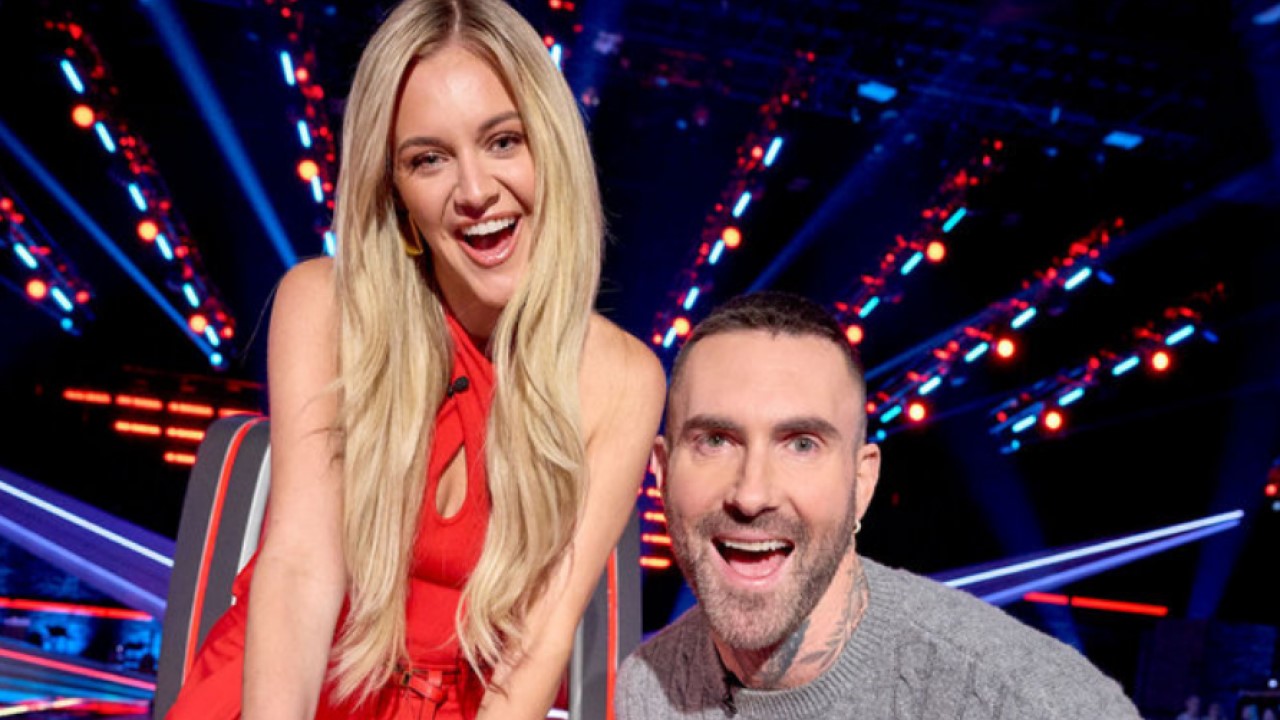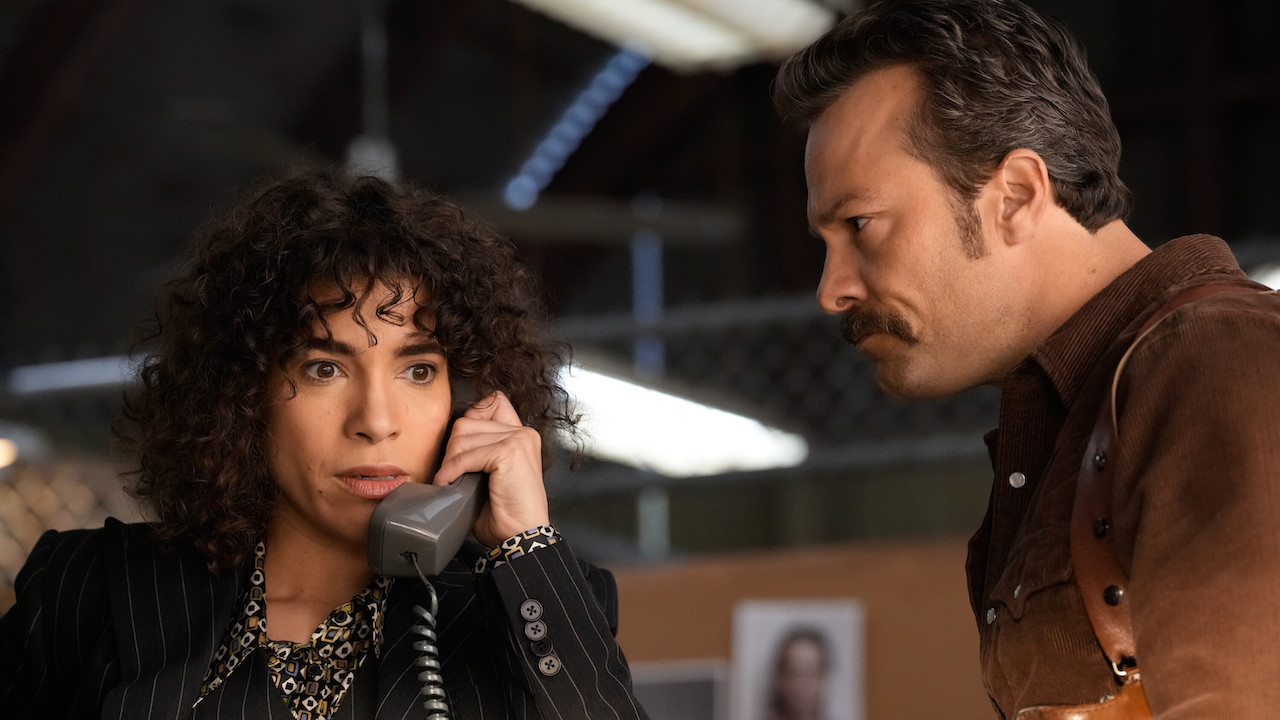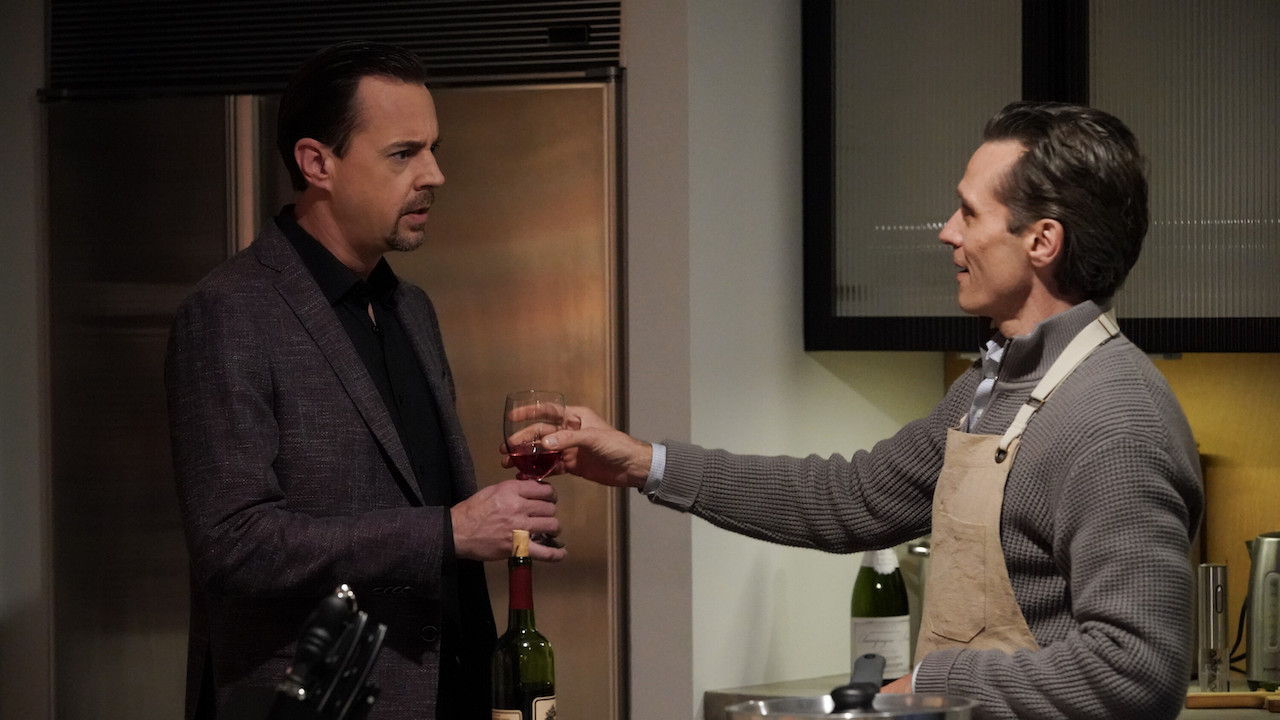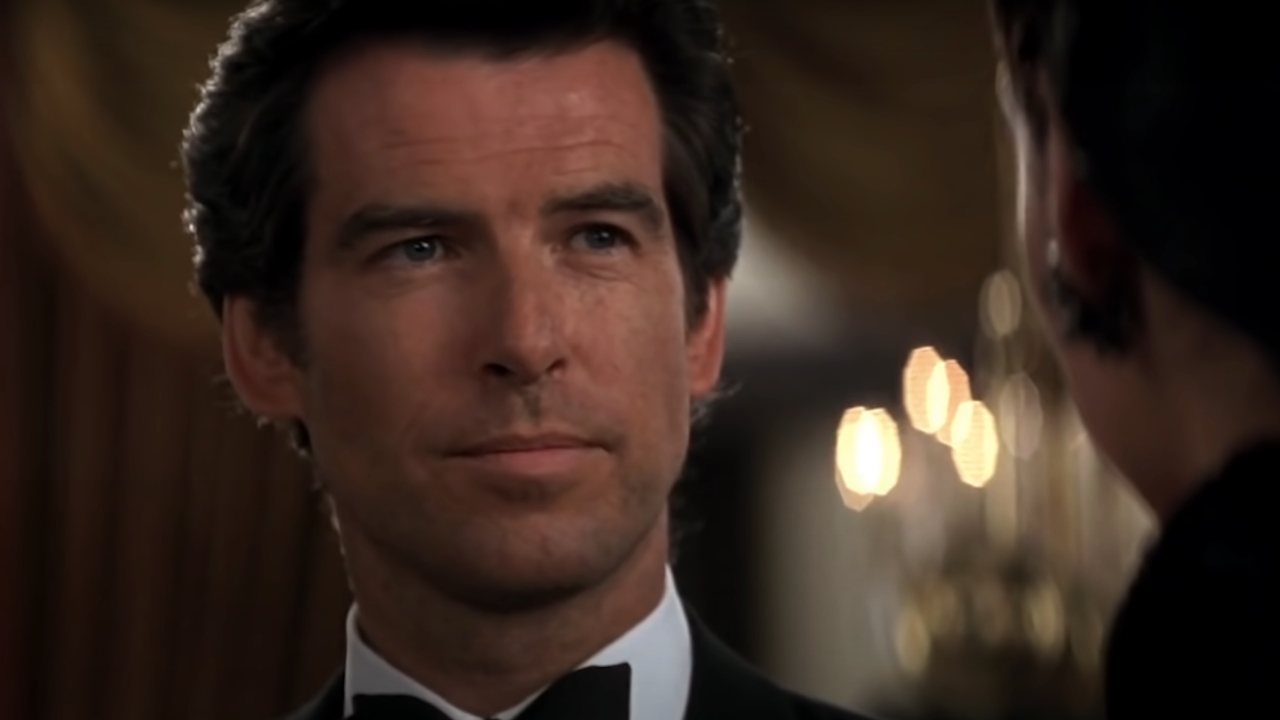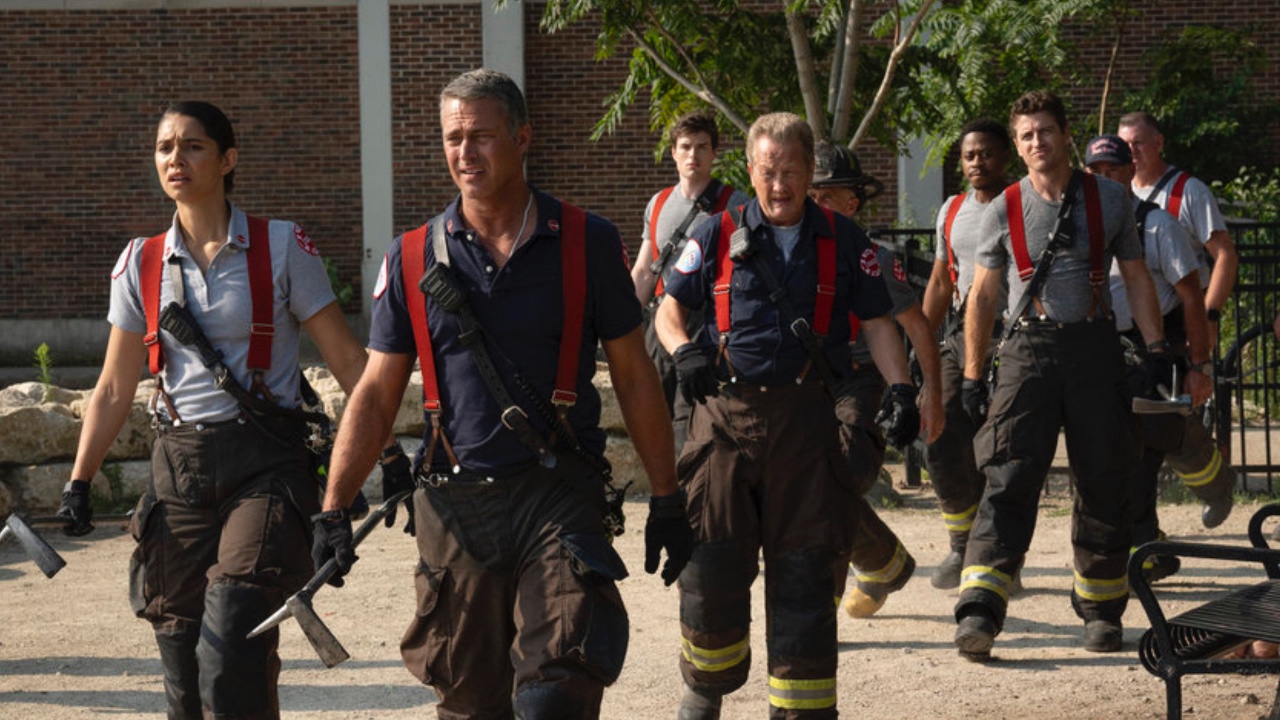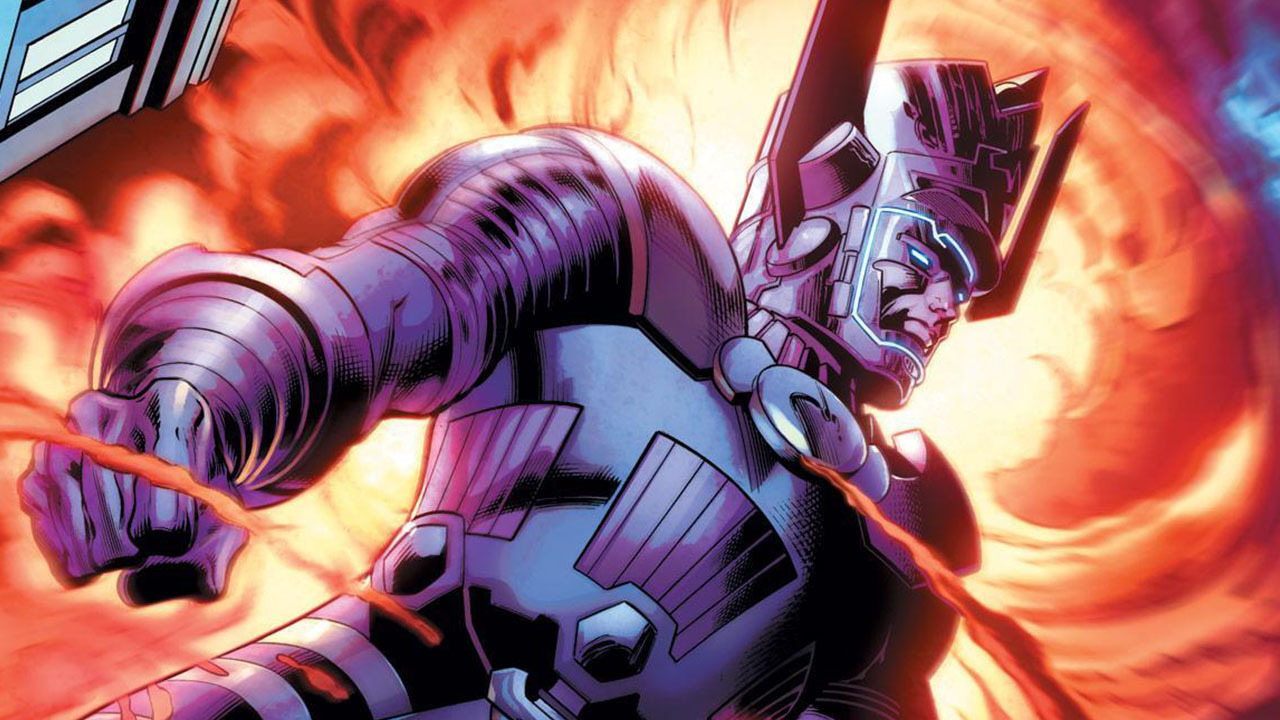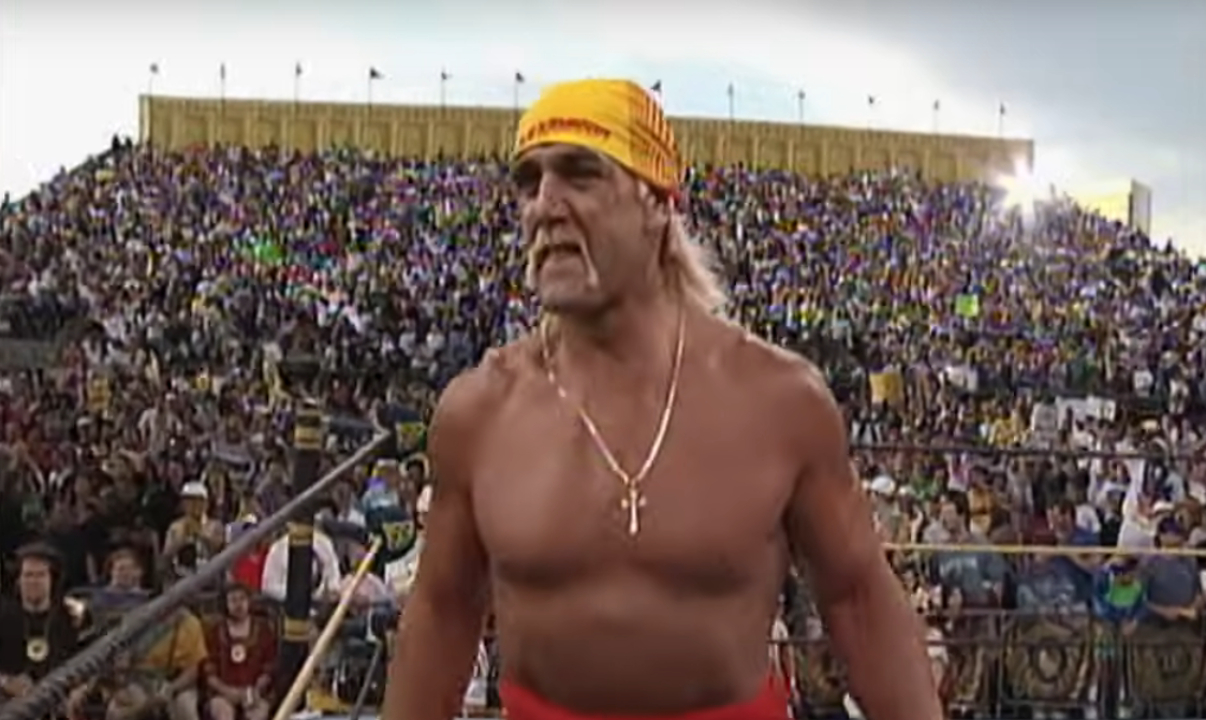Remembering Roger Ebert, In His Own Words
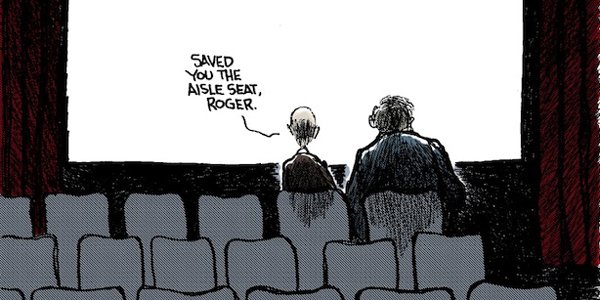
Cartoon via The Chicago Tribune When you're remembering one of the most prolific, thoughtful, funny and inimitable writers who's even worked, you realize very quickly that your own words aren't going to do it justice. Everyone who has jobs like ours at Cinema Blend has grown up in Roger Ebert's shadow, either reading his columns for the Chicago Sun-Times, watching his weekly episodes of At the Movies, or later following his Twitter feed or blog posts. When Ebert died yesterday at the age of 70, after a recurrence of cancer, it felt like a sudden end to what had been a decades-long conversation. Roger Ebert was writing and talking about movies even after he had lost the physical ability to speak, and he did so until hours before his death.
With a loss as big as this one, everyone takes a step back and remembers in their own way. And, for most of us, that involved looking at Ebert's work. It's incredible how much of the man's career is available online, from the extensive archives at RogerEbert.com to endless YouTube clips from At The Movies. Below you can find the favorite links and videos that we've dug up-- much of it Ebert's writing, but some other people are included too. But first, a personal remembrance from Nick Venable, who says what a lot of us have been feeling today:
I started writing for Cinema Blend four years ago reviewing DVDs, always jealous of the website higher-ups for getting to talk about new releases in theaters, which took no time to understand is what people want to read about. And Roger Ebert’s legacy had a lot to do with that. For over 40 years, he made hearing about a movie second-hand fall just short of seeing the film itself, and gave away none of the important bits that friends ruin. And though I grew up watching At the Movies at whatever ridiculously late hour it played here, I didn’t truly appreciate Ebert’s opinions until the Internet age allowed me to read his Sun-Times words on a regular basis.As such, the most indispensable piece of Ebert’s legacy for me is his collection Your Movie Sucks, a scathing example of cinematic target practice that contains all the negativity of a Nietzsche-inspired manifesto, but with an endless amount of humor and diamond razor-sharp wit. One read from cover to cover, without any room for neutrality or positivity to squeeze its way inside, and I’d learned everything I needed in order to share my specific opinions about a terrible film, regardless of the judgment that others may try to drown me with. Too bad I never quite learned how to be as eloquent. Nobody needs anyone to tell them that Boat Trip was a piece of shit, but the fact that we’ll no longer have him around to warn us about such clutter is a dirty shame. Incidentally, he gave A Dirty Shame a single star, and called it “the only comedy I can think of that gets more bad laughs than good ones.” R.I.P., Mr. Ebert, and may whatever comes next be better than The Hot Chick: 1/2 star.
Why not start with Siskel & Ebert's review of one of our all-time favorite movies, The Shawshank Redemption? It's good to see that they knew a classic when they saw it.
Review of Rob Reiner's North. A classic for fans of his hilarious pans. "I hated this movie. Hated hated hated hated hated this movie. Hated it. Hated every simpering stupid vacant audience-insulting moment of it."
Review of Transformers: Revenge of the Fallen. Another amazing negative review. " If you want to save yourself the ticket price, go into the kitchen, cue up a male choir singing the music of hell, and get a kid to start banging pots and pans together. Then close your eyes and use your imagination."
Review of Hoop Dreams. Of course his raves could be just as powerful. Ebert was a major champion of the Chicago-set documentary Hoop Dreams, one of the many tiny films that got attention largely because he spoke up for it.
An incredible moment captured on the DVD for Better Luck Tomorrow, the 2002 teenage crime adventure that was the big breakout for future Fast Five director Justin Lin. That setting, at Park City's Library screening room, is a familiar one for Sundance attendees, and contentious post-screening Q&As have been known to happen. But it's incredible to watch someone as smart as Ebert lash out with such vigor-- and obvious how much the filmmakers appreciated it.
CINEMABLEND NEWSLETTER
Your Daily Blend of Entertainment News
Ebert gets Siskel to change his mind. An unembeddable video clip, but worth the click-- while reviewing 1996's Broken Arrow, Siskel starts off positive and then reverses course when Ebert convinces him to give a thumbs down.
Siskel and Ebert explain what it's like to go to the movies as a critic. As Eric wrote when we first posted this, this is an incredible time capsule and yet another example of how these two different personalities contributed to the alchemy of At the Movies.
An oral history of Siskel & Ebert. Not in the man's own words, but a great breakdown of how the show came together, with excellent personal stories-- the anecdote at the very beginning about Ebert attempting to visit the cockpit on the plane is fantastic.
If your favorite moments of the show were when Siskel and Ebert got genuinely testy with each other-- another key element in what it made such a hit-- this is the video for you.
A personal remembrance of At the Movies. Written when the show went off the air, years after Ebert had ceased appearing onscreen, this piece by Tim Gomez is beautifully written and really captures the way Siskel and Ebert were crucial for so many budding cinephiles.
Ebert's Top 10 films of the last decade. After cancer had taken away his jaw and the ability to speak, Ebert turned to the Internet and flourished, churning out reviews at an astonishing rate and continuing to seek out under seen films and championing them. This top 10 is a great example of his idiosyncratic tastes-- Synecdoche, New York was his favorite movie of the decade, on a list that also included Juno and Ramin Bahrani's tiny Chop Shop.
Roger Ebert saw the future. Of course, it was no surprise that Ebert took to the Internet so well. Check out how he predicted VOD with scary accuracy all the way back in 1987.
2010 Esquire profile. As he braved his way through cancer, Ebert was remarkably open about the experience, and this profile by Chris Jones is an incredible, up-close portrait of the man and how he was changed by his illness.
"I do not fear death." This piece has been passed around a lot since yesterday, and with good reason-- Ebert's thoughtful musings on a death he realized could be imminent are powerful and comforting.
"A leave of presence." His final blog post, and one that contains a remarkable amount of hope. It's heartbreaking to realize that he never got to accomplish "what I've always fantasized about doing: reviewing only the movies I want to review."
Why not end with yet another example of Ebert's incredible cultural ubiquity: the entire episode of The Critic about Siskel & Ebert.
Staff Writer at CinemaBlend

